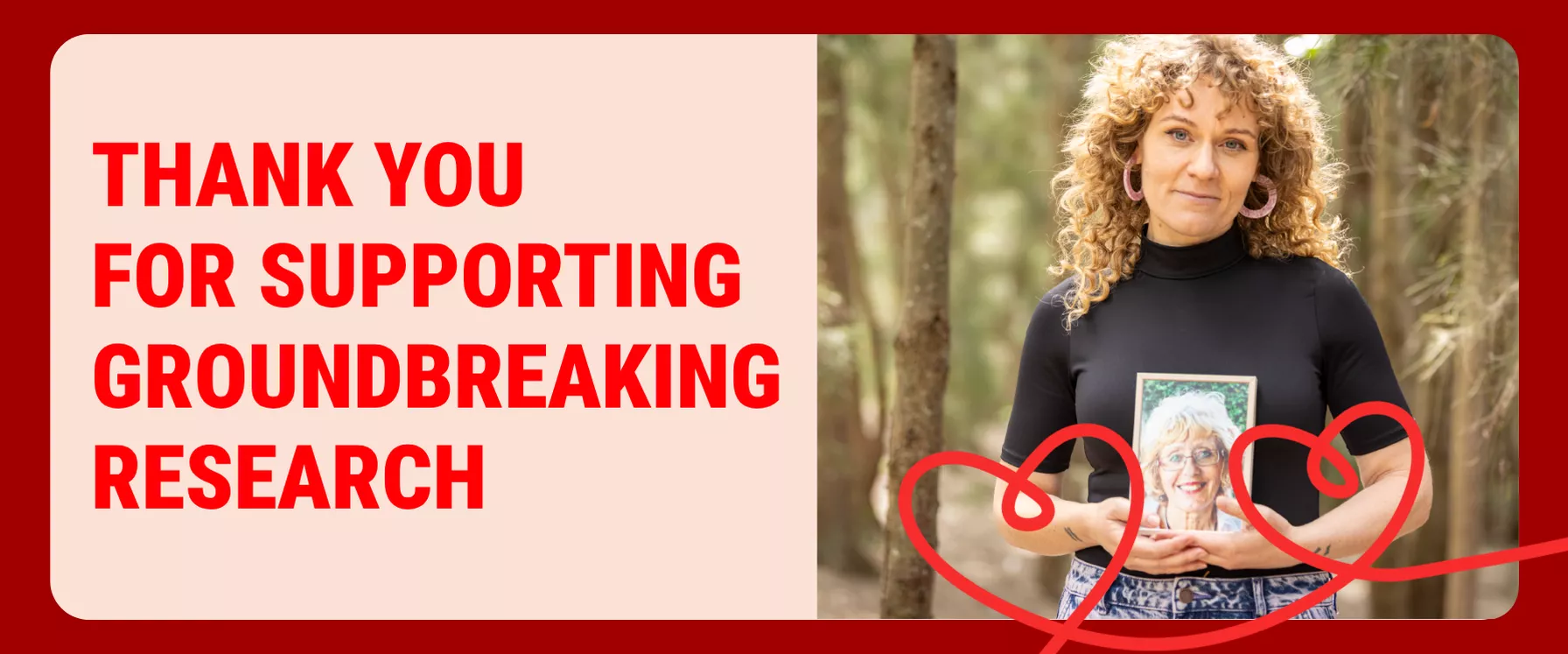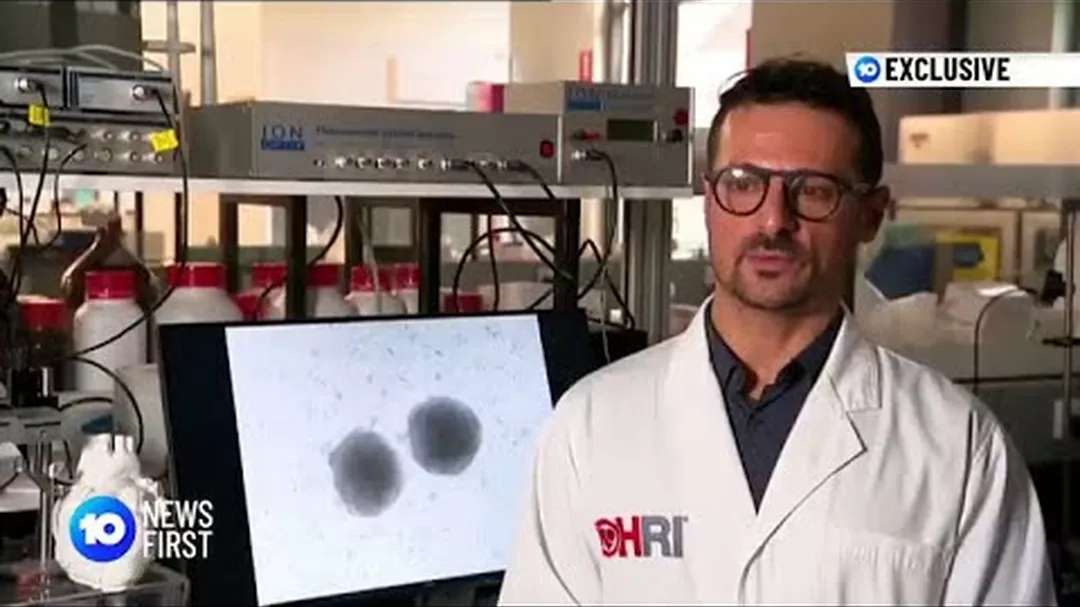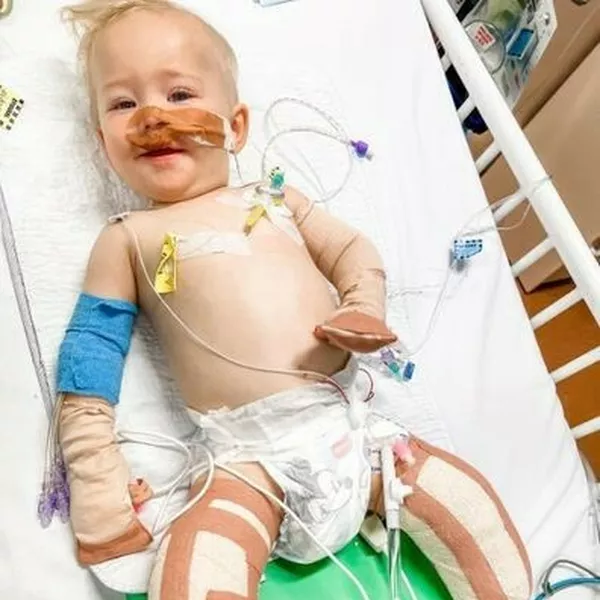
These are just some of the breakthroughs you have made possible.
Your support has helped scientists from HRI develop a world-first alternative to heart transplants, using “mini-hearts” and a bioprinter. The lab-created tissue forms a patch, like a band aid, to replace or repair damaged areas of the heart. Lead researcher Dr Carmine Gentile says it is hoped that once the breakthrough is successfully tested in clinical trials, it will save the lives of the thousands of Australians waiting for a heart transplant. The breakthrough has the potential too to save millions of lives globally.
Your support has helped fund a three-year world-first study that confirmed a natural chemical found in broccoli can reduce the formation of harmful blood clots that can in some instances lead to stroke, as well as improve the performance of clot-busting drugs afterwards. Stroke is one of the five leading causes of death in Australia, claiming 23 lives every day. “We are very excited at having isolated a natural compound that may have huge beneficial effects,” said lead researcher Dr Xuyu (Johnny) Liu.
Every day, eight babies are born with congenital heart disease (CHD) in Australia. Some are born with just half a heart – and if they survive, they suffer complex health problems and lead a life of uncertainty about their future. Your support helped us launch our world-first exercise trial for CHD patients, led by Assoc Prof Rachael Cordina and Dr Derek Tran. The study is already seeing positive results, with participants reporting increased energy, reduced anxiety and an improved quality of life.
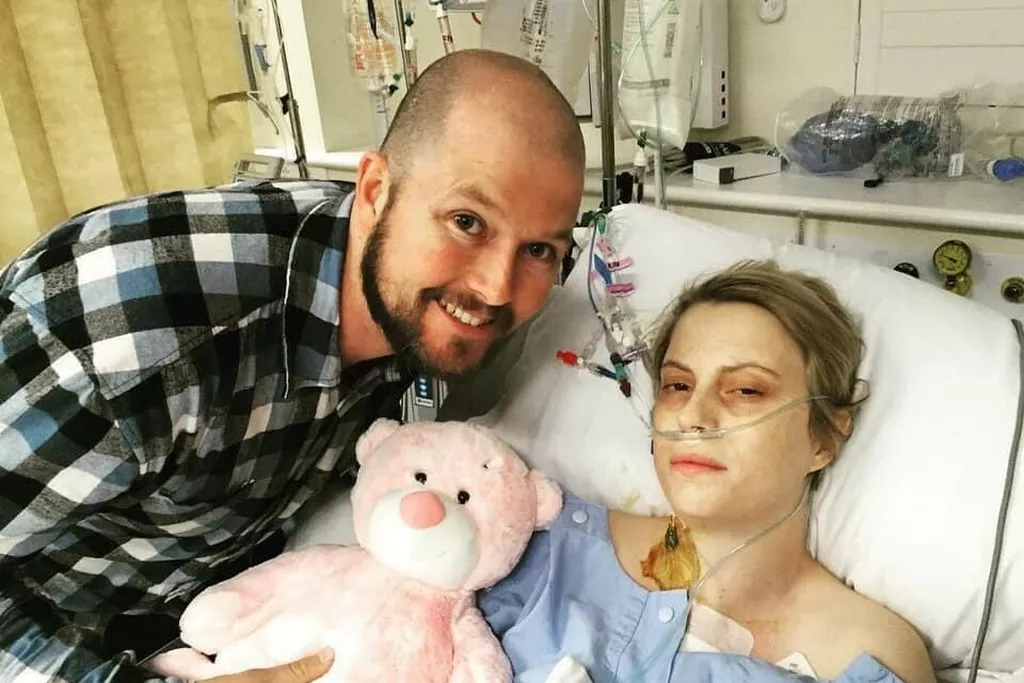
You are critical to the fight against cardiovascular disease.
HRI's significant philanthropic funding is thanks to donors like you.
Your support is changing the future of global heart health, giving people affected by cardiovascular disease more time with the ones they love.
Thank you for changing lives.
You are making it possible for families to spend precious moments together.
Ryan was only 13 months old when he developed sepsis and had a cardiac arrest. He almost died and had to have both legs and some fingers amputated. “No family should have to go through what we did,” said mum, Jess. “I urge everyone to learn the signs of sepsis and to support the incredible work of Dr Stanley and his team. Their research will give hope to those who may one day be impacted by this devastating condition.”
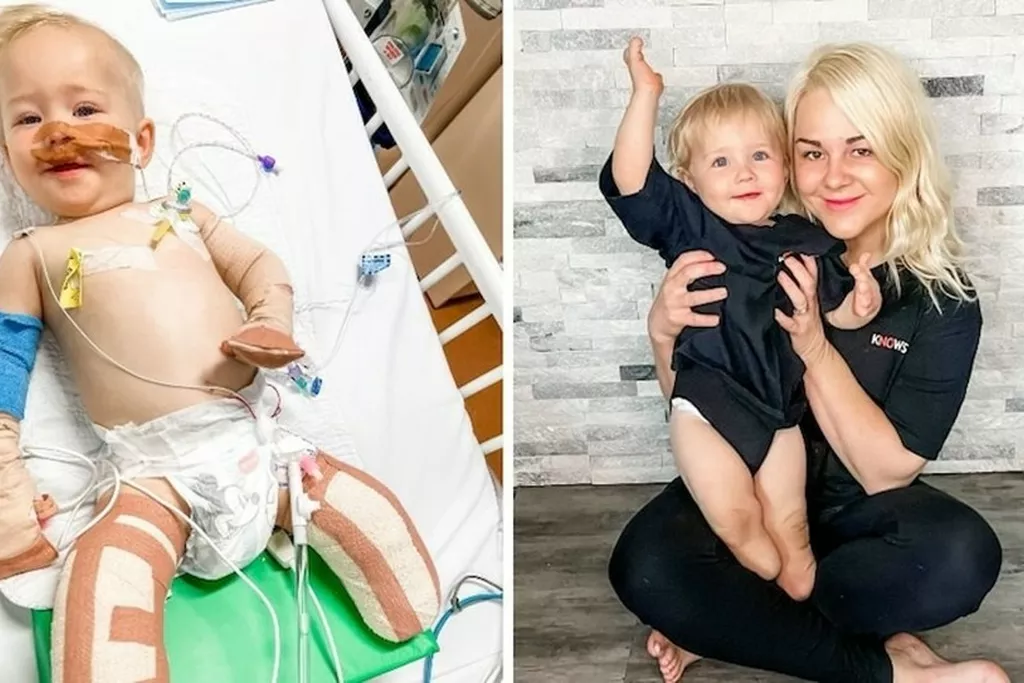
Read the stories of people that support like yours has helped

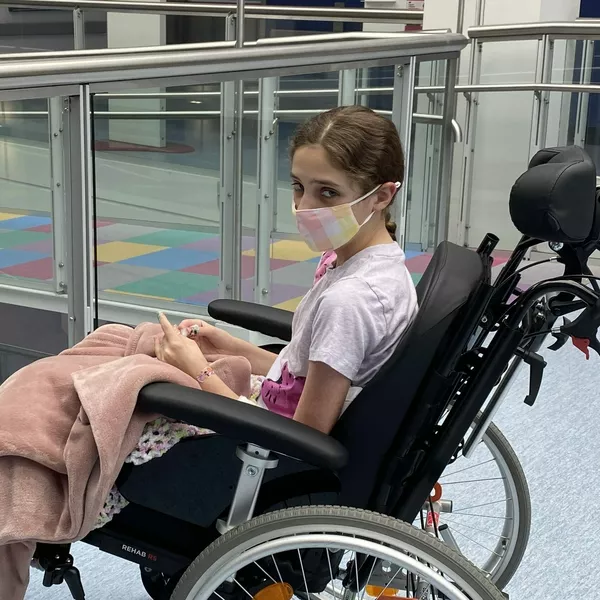
Scarlett’s story
“They told us we have two options: we can turn off her life support and let her die, or we can try for a heart transplant. And we only had 14 days to find one.” - Scarlett’s mum, Amanda
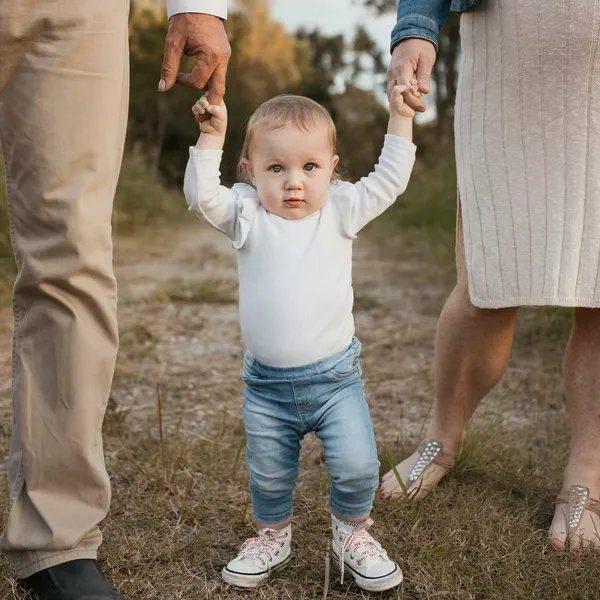
Riley
"Riley is almost three now and looks and acts like a normal toddler. We are so grateful." – Riley was born with complex congenital heart disease
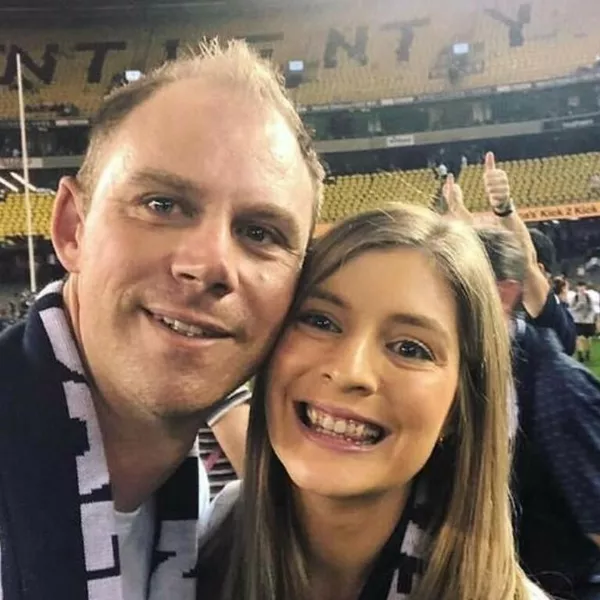
Nicole
“The heart research we have now, that you have supported, has made this Christmas possible for me.” – Nicole, who suffered a stroke when she was 30 and pregnant
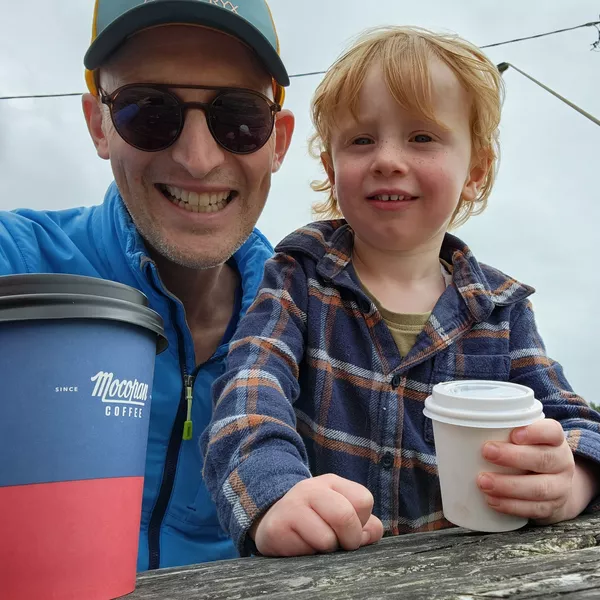
Matt and Clancy’s story
“I want to be here for my son Clancy.” – Matt, who suffered a heart attack at 40
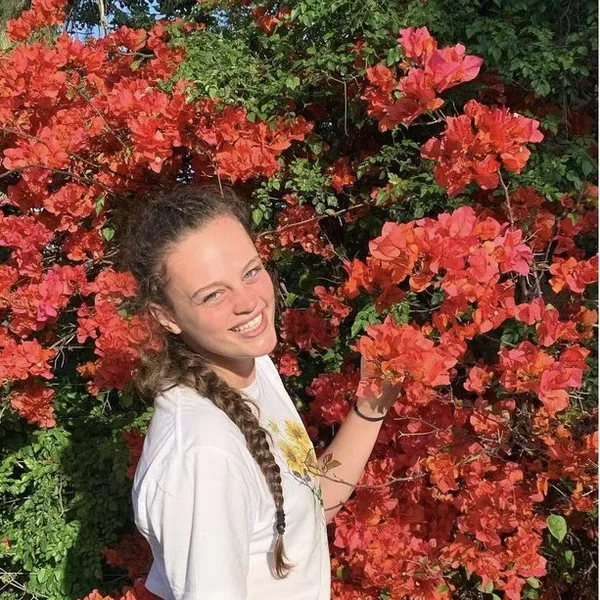
Taylor
“I’ve been given this incredible opportunity to live, so I need to live out my potential now.” – Taylor, 22, living with just half a heart
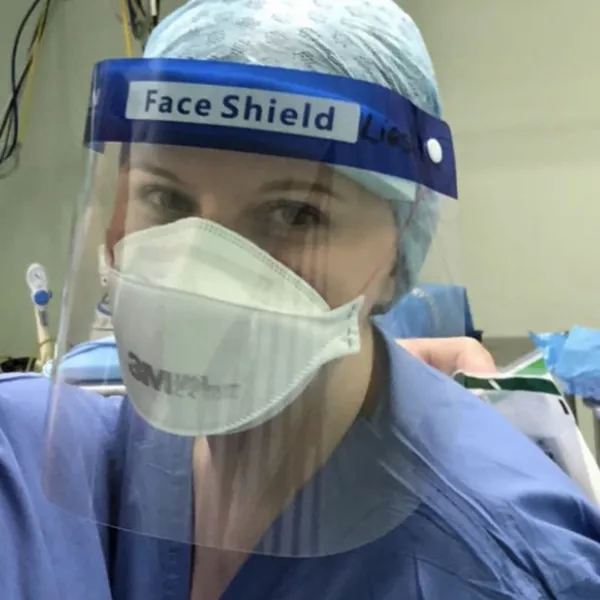
Liesl
“It’s vital to research new ways of surgery. By understanding the condition more, we can shape the future.” – Liesl, who had a heart operation when only 2 days old
